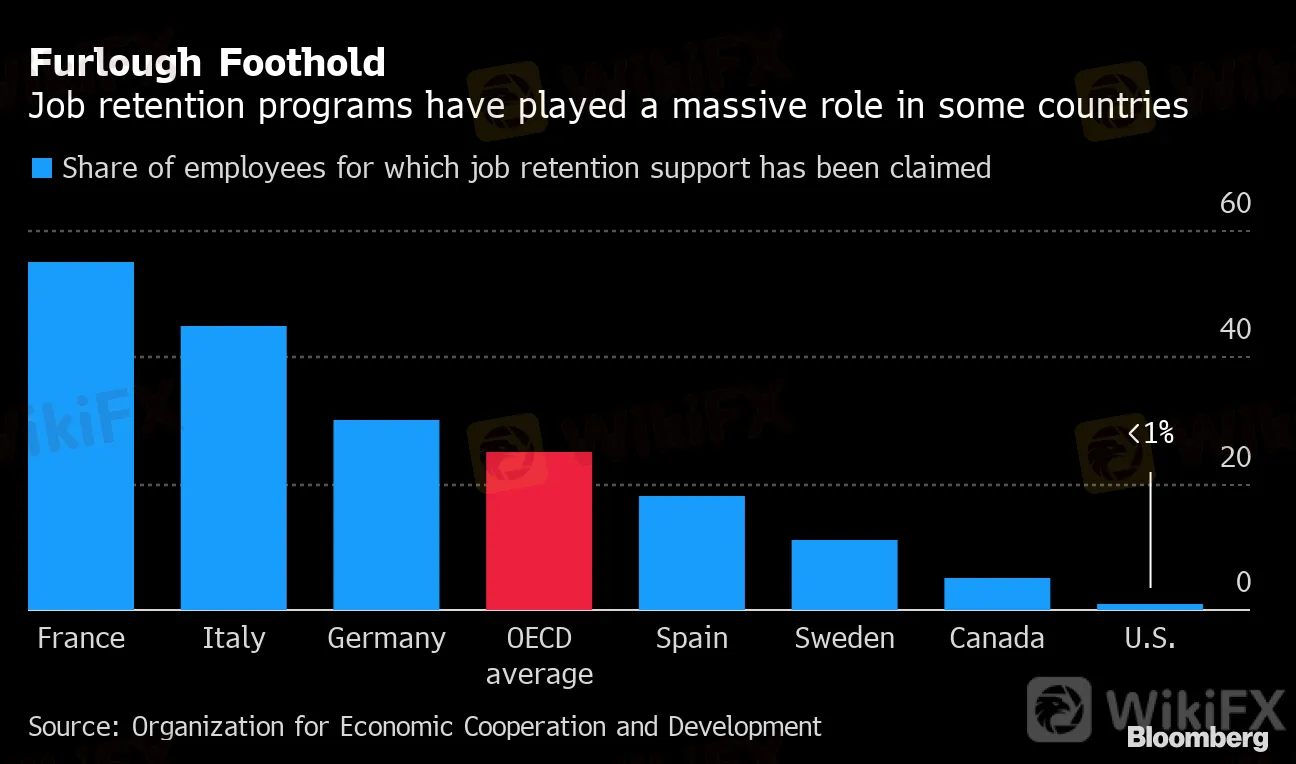简体中文
繁體中文
English
Pусский
日本語
ภาษาไทย
Tiếng Việt
Bahasa Indonesia
Español
हिन्दी
Filippiiniläinen
Français
Deutsch
Português
Türkçe
한국어
العربية
Pandemic Exacerbates Inequality as Vulnerable Workers Bear Brunt
Abstract:Governments policies must take into account the skewed impact of the coronavirus on workers on irregular work contracts, according to the OECD, which also warned that unemployment will rise further if theres a second wave of outbreaks.
Governments policies must take into account the skewed impact of the coronavirus on workers on irregular work contracts, according to the OECD, which also warned that unemployment will rise further if theres a second wave of outbreaks.
In a report published Tuesday, it said the fallout has been particularly severe on low-income earners, women, migrants and young people. That issue has also been raised in recent reports by the International Labour Organisation, which has called for better social protection policies.
While officials correctly responded to the pandemic by trying to keep people and businesses afloat, policies now need to balance income security and incentivizing work as economies reopen, the OECD said. It added that people with irregular working hours or who switch jobs frequently sometimes dont qualify for unemployment benefits and other supports.
“Evidence indeed suggests that the crisis has -- at least initially -- exacerbated pre-existing labor market inequalities, and that vulnerable workers have so far been paying the brunt of the costs,” the OECD said.
Furlough Foothold
Job retention programs have played a massive role in some countries
Source: Organization for Economic Cooperation and Development

OECD data show that part-time employment has increased across industrialized countries over the past two decades, while job instability, particularly for the least educated, has worsened. Part-time workers tend to receive lower hourly wages than their full-time counterparts, and people on non-standard job contracts receive fewer benefits.
“In times of crisis, ‘normality’ sounds very appealing,” said OECD Secretary General Angel Gurria. “However, our normal was not good enough for the many people with no or precarious jobs, bad working conditions, income insecurity, and limits on their ambitions.”
| Read More.... |
|
For the post-confinement era, the OECD recommends a variety of instruments, including encouraging people to shift among sectors via training and modifying furlough programs to get people back to work.
The crisis has also opened the door to calls for complete overhauls of how economies function, with the notion of paying people a universal basic income -- government payouts to citizens irrespective of their wealth or employment status. London Mayor Sadiq Khan has backed such an idea.
Yet the OECD warned such a plan would be a “highly risky strategy” thats very expensive and could even backfire.
“A fiscally realistic UBI would be too low to provide reliable poverty alleviation on its own,” it also said.
Disclaimer:
The views in this article only represent the author's personal views, and do not constitute investment advice on this platform. This platform does not guarantee the accuracy, completeness and timeliness of the information in the article, and will not be liable for any loss caused by the use of or reliance on the information in the article.
WikiFX Broker
Latest News
TradingView Brings Live Market Charts to Telegram Users with New Mini App
Trump tariffs: How will India navigate a world on the brink of a trade war?
Interactive Brokers Launches Forecast Contracts in Canada for Market Predictions
Authorities Alert: MAS Impersonation Scam Hits Singapore
Stocks fall again as Trump tariff jitters continue
INFINOX Partners with Acelerador Racing for Porsche Cup Brazil 2025
Regulatory Failures Lead to $150,000 Fine for Thurston Springer
April Forex Trends: EUR/USD, GBP/USD, USD/JPY, AUD/USD, USD/CAD Insights
March Oil Production Declines: How Is the Market Reacting?
Georgia Man Charged in Danbury Kidnapping and Crypto Extortion Plot
Currency Calculator







